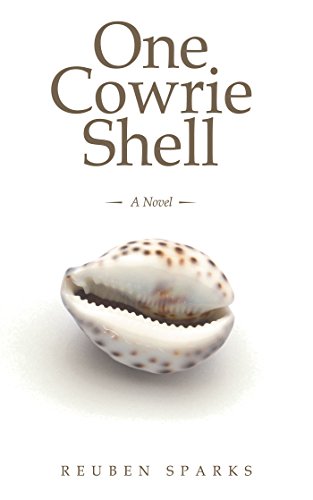How Can A Man Die Better
How a Man Can Die Better is a complicated tale of truth, deceit, love, vengeance, passion, and unmistakable greed. In it’s most primitive form it’s an impeccable work of historical fiction, though it is laced with some extraneous details, characters, and events that have been added for extra effect. The beginning chapters are used to introduce a plethora of antagonists from across the globe that are involved in various acts of trickery, homicide, and cruelty. One of the most striking is Francois Devol, a man capable of committing the most heinous crimes imaginable. His murderous streak begins at a ripe, young age, and as he grows older he becomes one of the most feared slave traders of his time, committing atrocities of unspeakable magnitudes. As the story progresses, he crosses paths with the main protagonist of the text, a young professor from Ohio University, Cage Carew. Soon after his first encounter with Devol, Cage warns his fiancé to stay close to home. She overlooks the danger that exists and loses her life as a result. Cage is traumatized by the event and vows revenge no matter what the costs. He joins the 52nd Ohio Infantry Regiment as a means to help win the war for the North and lead the nation out of its unsavory past. Throughout his servitude, those introduced in former chapters are sprinkled back into the text, each having their own, unique significance in the overall story. Many lose their lives as the war wages on, but one that remains is Devol, now a Colonel fighting for the South. Cage and Devol come face-to-face on the battlefields as well as in the alligator-ridden swamplands. Only one makes it out alive.
This is an impressive work of historical fiction for debut author Roy V. Gaston. It’s a well-researched narrative, capturing the essence of life for many during the tumultuous Civil War era. He masterfully infuses slang and colloquialisms reflective of the times into the text. The dialogue he includes between the soldiers in the trenches and around the campfires at night are filled with humor and meaning that deepen the ties between them and are analogous to those told over the centuries about the camaraderie among soldiers at wartime. His use of descriptive language is extraordinary as is illustrated when Cage describes the swampy region in which he resides towards the end of the story: “The shores were defended by armies of knotty cypress knees, the long tree roots that protruded like stark, gray gargoyles, or stretched out into the meandering streams, dipping in and out of the water like mythic sea- dragons.” Many such descriptions fill the pages of this narrative, and though some may find them lengthy and sometimes drawn out; others will appreciate the stark detail they provide as well as their admirable literary value.
In summary, Gaston’s story is adventurous, authentic, and thought-provoking. It is also gruesome, alarming, and not for those with weak stomachs or tender hearts. Some of the content is graphic and loaded with violence and profanity. Readers who can overlook the darker side of it as well as those who don’t shy away from a bit of explicitness will likely find it read-worthy.
| Author | |
|---|---|
| Star Count | 4/5 |
| Format | eBook |
| Page Count | 293 pages |
| Publisher | Amazon Kindle |
| Publish Date | 2017-12-11 |
| ISBN | 0978154839780 |
| Bookshop.org | Buy this Book |
| Issue | July 2020 |
| Category | Historical Fiction |
| Share |







Reviews
There are no reviews yet.